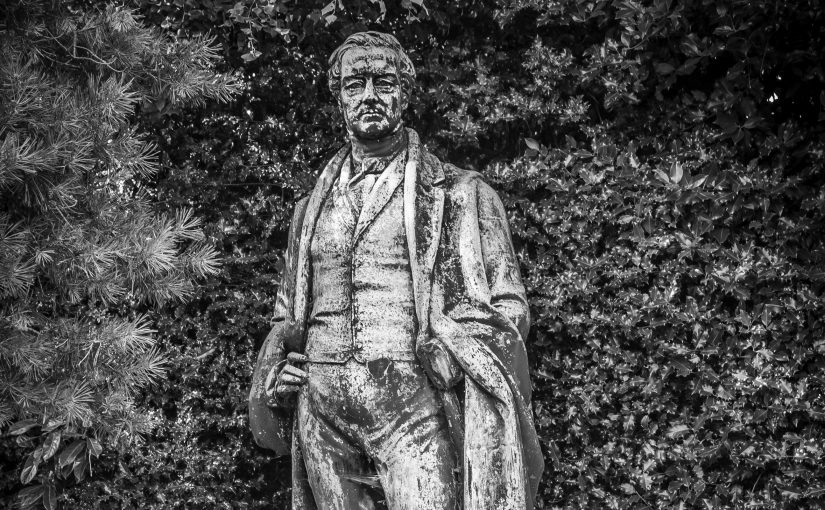Drawing Lessons from Policing’s Past
Reclaiming Relevance and Support in the “Post-George Floyd” Era of Policing

While much has changed in the 199 years since Sir Robert Peel set out to establish the world’s first full-time police force, one critical aspect has not—the issue of opposition. In Peel’s case, widespread opposition sprang from a concern over the concentration of police power, which delayed the establishment of the first police force for a period of six years. During that time, 17 parliamentary subcommittees were created to address the matter, only to be struck down, before the Metropolitan Police Act of 1829 was eventually passed, debuting the world’s first police force built on nine founding principles.
Almost 200 years later, many of those same concerns have galvanized into a “defund police” movement brought on by a plethora of mostly unrelated circumstances and events that collectively have served to undermine confidence in police on a global scale and, with it, the very foundation upon which the profession is based. In order to regain the trust and, in the process, buttress the resolve to maintain core police funding in the post-George Floyd era of policing, the profession needs to know, understand, and appreciate the lessons that can be drawn from other tumultuous periods in history, beginning with the extended period of opposition at the dawn of policing during Sir Robert Peel’s time.


